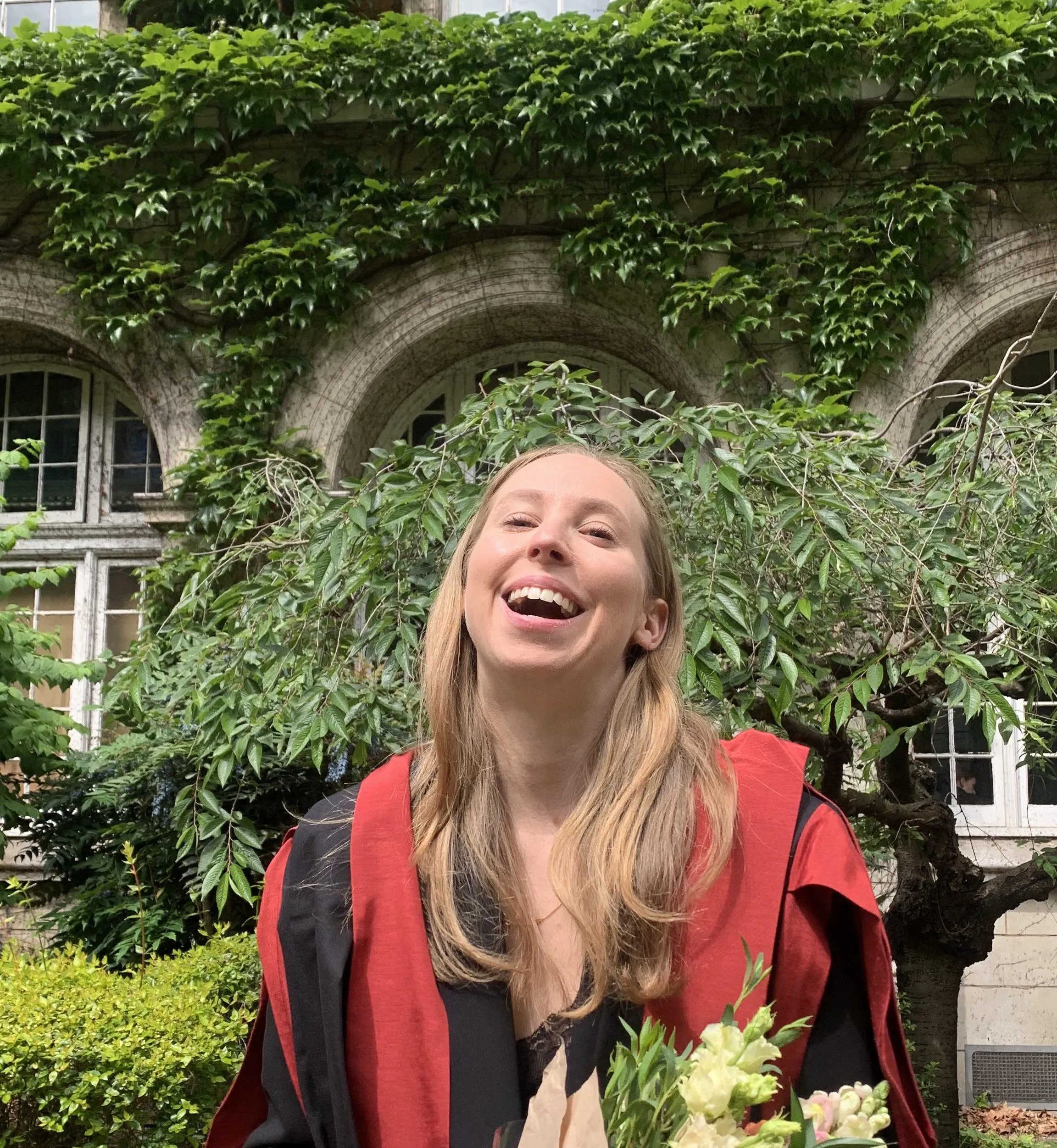Our Clinical Neuroscience course enables scientists, trainees in neurology, psychiatry and related health-care disciplines to study the anatomical, physiological and pathological basis of symptoms and signs of brain disorders. It will provide you with in-depth knowledge and skills related to specialist research and clinical practice, systematically integrating advances in genetics, molecular neuroscience, electrophysiology and neuroimaging. You will have the opportunity to work independently within a multidisciplinary environment and at an advanced level to develop and sustain evidence-based practice, appraise and conduct clinical or preclinical research.
We will use a delivery method that will ensure students have a rich, exciting experience from the start. Face to face teaching will be complemented and supported with innovative technology so that students also experience elements of digital learning and assessment.



